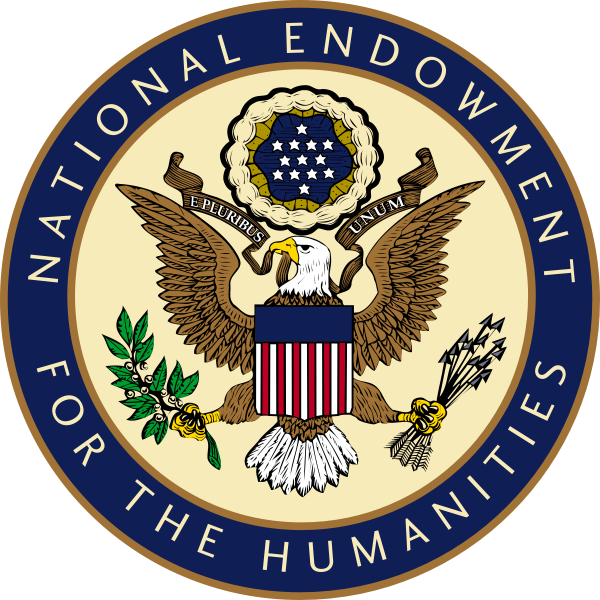Presidential Working Group Releases Suggested Changes to Sexual Misconduct Policy
A more detailed definition of consent, additional protections for witnesses and procedural changes for misconduct hearings were among the suggested revisions to the college’s Sexual Harassment and Misconduct Policy released by the Presidential Working Group on Title IX earlier this month.
Title IX Coordinator Kat Matic, co-chair of the working group, said, “the Presidential Working Group on Title IX showcases Dickinson’s commitment to shared governance.” The revisions were proposed by a committee composed of administrators, staff, faculty and students chaired by Matic and George Stroud, Vice President and Dean of Student Life. Also on the committee were administrators representing public safety, athletics, LGBTQ+ and Gender resources and the Wellness Center, as well as three students and three professors.
Sofia Perrone ’25, president of the Dickinson chapter of the American Association of University Women and one of the students on the committee, was “surprised by how much [the administrators] knew going into it.” She said, “I really wanted to provide a voice for students from all different perspectives.” Perrone was impressed by the commitment shown by the working group members towards making the misconduct and Title IX procedures more accessible for students.
One suggested revision highlighted the “vital importance of obtaining clear consent,” clarifying that it must be verbal and affirmative, and can be withdrawn at any time. According to Matic, “expanding on the definition of consent provides clear expectations of behavior and guides us in how to respectfully engage in sexual or romantic relationships.”
The committee also suggested that individuals who give statements related to a sexual misconduct case should not be required to undergo cross-examination. Previously, any statement by someone who would not submit to this process was disregarded, as per federal regulations issued in 2020 and repealed recently. Perrone said, “Any way we can make it easier to contribute information, it helps students.”
Other revisions include re-classifying No Contact Directives as supportive measures, rather than punishments, granting both parties in an investigation the ability to comment on all evidence, and adding a 20-minute closing statement to hearings “for improved process equity.”
Matic clarified that the move to place No Contact Directives under supportive measures is not merely semantic. Since punitive actions “can only be put in place after a person is found responsible for a policy violation,” they could not be used in cases where a student declined to pursue a formal investigation. Even when students pursued an investigation, they could only be put in place after the process was complete. Matic said, “We need to have the ability to put in place No Contact/No Communication Directives (NCD) before, during and after a process — or even if no process is selected by a complainant.”
Associate Professor of Physics and Associate Provost of Academic Affairs Catrina Hamilton-Drager, one of the professors on the committee, sees community feedback as an essential part of these policy revisions. “Once the initial small group has had a first pass at making updates to bring us into compliance, it is vital that the rest of the community have an opportunity to make suggestions and inform the working group’s process,” she said.” Community feedback was accepted on the revisions until Wednesday, Nov. 2.
The committee will reconvene now that the comment period has ended. Perrone is “really excited for the next step.” She said, “I just hope students recognize that this is a chance to make themselves heard.”



